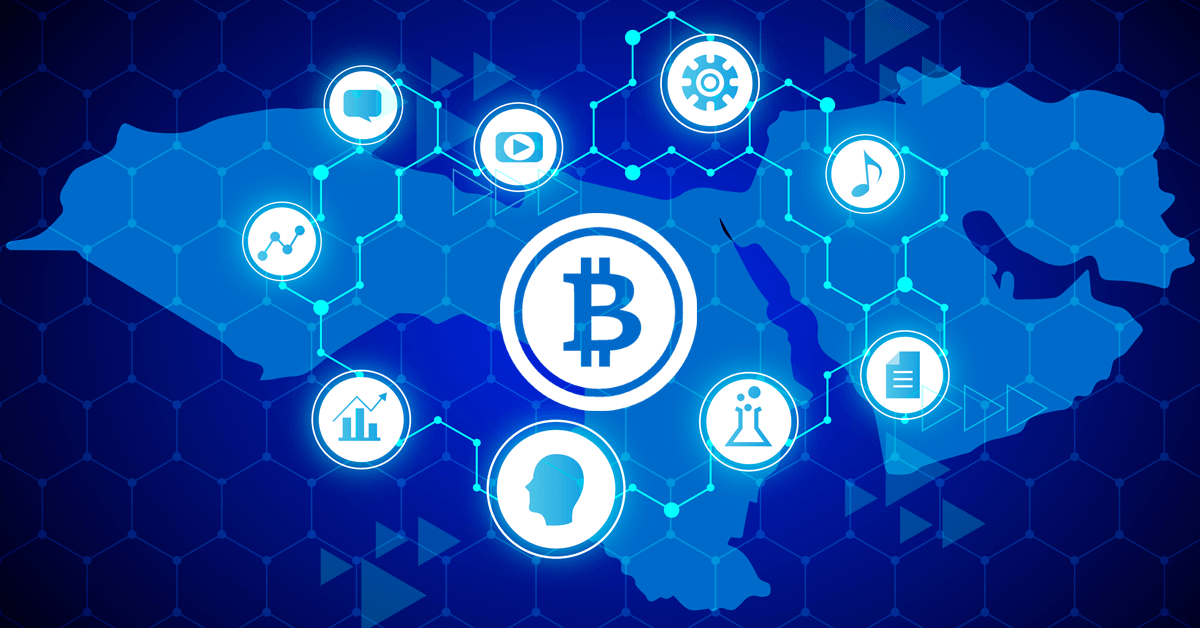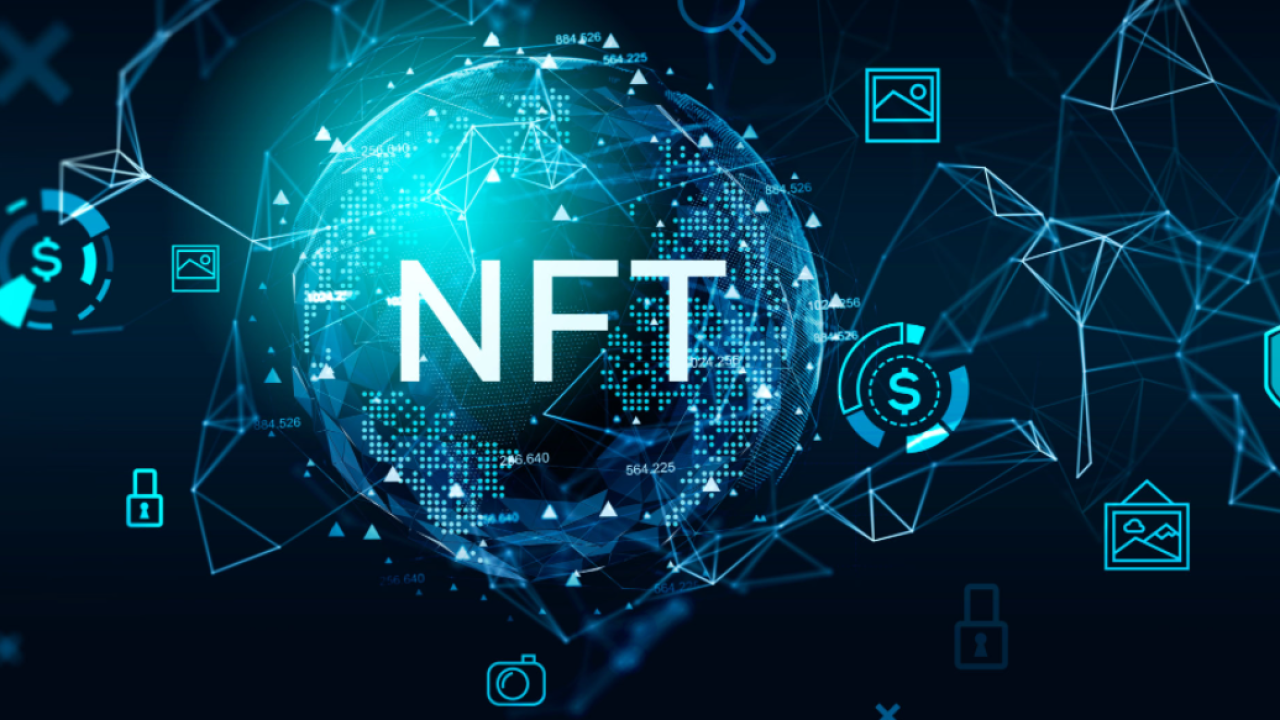What is the Purpose of a Token in the Blockchain Ecosystem
The purpose of a token in the blockchain ecosystem is not static; it is a dynamic force driving the ongoing transformation of our digital

The blockchain ecosystem has emerged as a revolutionary technology that extends far beyond its initial application as a digital currency platform. At the heart of this ecosystem are tokens, which serve as the building blocks of various blockchain networks. In this comprehensive 2500-word guide, we will delve deep into the purpose of a token in the blockchain ecosystem and explore the diverse roles they play, from enabling decentralized applications (DApps) to representing digital assets and much more.
The Foundations of Blockchain Ecosystem
To understand the significance of tokens within the blockchain ecosystem, let's start with a brief overview of blockchain technology:
What Is Blockchain?
Blockchain is a distributed ledger technology that records transactions across a network of computers (nodes) in a secure, transparent, and immutable manner. Each transaction is grouped into a block, and these blocks are linked together in chronological order, forming a chain. The decentralized and tamper-resistant nature of blockchain makes it an ideal platform for various applications beyond traditional financial transactions.
Key Features of Blockchain
Blockchain technology is characterized by several key features that make it unique:
- Decentralization: Blockchains operate on a decentralized network of nodes, eliminating the need for intermediaries like banks.
- Transparency:?All transactions on the blockchain are visible to anyone, enhancing trust and accountability.
Understanding Tokens in the Blockchain Ecosystem
Tokens are digital assets that represent a wide range of fungible or non-fungible assets within the blockchain ecosystem. They serve as integral components of blockchain networks, enabling a variety of functions and applications:
What Are Tokens?
Tokens are programmable digital assets that can represent various forms of value, ownership, or utility within a blockchain ecosystem. They are created and managed through smart contracts, which are self-executing contracts with the terms directly written into code.
Key Properties of Tokens
Tokens possess several key properties that make them versatile and adaptable for various use cases:
- Divisibility: Tokens can be divided into smaller units, making them suitable for microtransactions.
- Transferability: Tokens can be easily transferred from one user to another within the blockchain network.
- Programmability: Tokens can execute predefined functions and logic through smart contracts.
The Multifaceted Purpose of Tokens
Tokens within the blockchain ecosystem serve a myriad of purposes that extend beyond their role as mere digital currencies. Let's explore some of the primary purposes and functions of tokens:
Digital Currency blockchain ecosystem
At their core, many tokens serve as digital currencies, enabling users to conduct online transactions, remittances, and peer-to-peer transfers without the need for traditional financial intermediaries.
Smart Contracts
Tokens are integral to the execution of smart contracts. They represent the digital assets or value transferred and interacted with within these self-executing contracts.
Governance
Tokens can be used for governance purposes within decentralized ecosystems. Holders of governance tokens often have the power to propose and vote on changes to the network's rules, parameters, and decision-making processes.
Decentralized Applications (DApps)
Tokens are the lifeblood of decentralized applications. DApps rely on tokens to provide access to their services, incentivize user participation, and reward network validators.
Non-Fungible Tokens (NFTs)
Non-fungible tokens are a unique category of tokens that represent ownership of one-of-a-kind digital assets, such as digital art, collectibles, and virtual real estate. NFTs have gained significant popularity in the art and entertainment industries.
Supply Chain Management blockchain ecosystem
Tokens can be employed to track and verify the authenticity of physical and digital goods within a supply chain. This enhances transparency and reduces the risk of counterfeit products.
Tokenization of Real Assets
Tokens can represent ownership of real-world assets like real estate, stocks, and commodities. Tokenization allows for fractional ownership and easier transferability of these assets.
The Tokenization of the blockchain ecosystem
Tokenization is a transformative concept that has the potential to revolutionize the global economy. It involves the representation of real-world assets and value in the form of tokens on blockchain networks. Here's how tokenization is changing the economic landscape:
Fractional Ownership
Tokenization allows for the fractional ownership of traditionally illiquid assets, making it easier for individuals to invest in assets like real estate, art, and private equity.
Liquidity
Tokenization enhances liquidity by enabling the trading of asset-backed tokens on secondary markets, providing investors with more flexibility and exit options.
Accessibility blockchain ecosystem
Tokenization democratizes access to investments by lowering the barriers to entry for a broader range of investors, including retail participants.
Transparency
Blockchain-based tokenization offers transparency and real-time tracking of asset ownership, reducing fraud and errors in traditional financial systems.
Efficiency
Tokenization streamlines complex and time-consuming processes like settlement, reducing intermediaries and associated costs.
Challenges and Considerations
While tokens offer numerous advantages and opportunities within the blockchain ecosystem, they also present unique challenges and considerations:
Regulatory Compliance
The regulatory landscape for tokens varies by jurisdiction and is continually evolving. Issuers and users of tokens must navigate complex regulatory frameworks to ensure compliance.
Security blockchain ecosystem
Tokens and the platforms they operate on are susceptible to security breaches and hacks. Robust security measures and best practices are essential to safeguard token assets.
Scalability blockchain ecosystem
Scalability remains a significant challenge for blockchain networks. As the number of tokens and users grows, networks must find ways to handle increased transaction volume without compromising speed and efficiency.
Interoperability
Interoperability between different blockchain networks and tokens is crucial for enabling seamless value transfer and interaction between diverse ecosystems.
Token Standards blockchain ecosystem
The absence of standardized token formats can lead to compatibility issues and hinder the adoption of tokens in broader contexts. Token standards like ERC-20 and ERC-721 have emerged to address this concern.
Real-World Use Cases of Tokens
Tokens have found application in various real-world scenarios, transforming industries and creating new possibilities:
Real Estate Tokenization blockchain ecosystem
Tokenization enables fractional ownership of real estate, making it accessible to a wider range of investors. Platforms like Propy and RealT facilitate real estate tokenization.
NFTs in Entertainment
Non-fungible tokens (NFTs) have gained traction in the entertainment industry, allowing artists, musicians, and content creators to monetize digital assets and engage with their fan base directly.
Supply Chain Management blockchain ecosystem
Blockchain-based tokens are used to track and verify the authenticity of products within supply chains. Companies like IBM and VeChain provide solutions in this space.
Decentralized Finance (DeFi)
Tokens play a central role in the DeFi ecosystem, where they are used for lending, borrowing, trading, and earning interest. Platforms like Compound, Aave, and MakerDAO rely on tokens for governance and utility.
Gaming and Virtual Worlds
Tokens are the foundation of in-game economies and virtual worlds. They enable the creation and exchange of digital assets and goods within gaming ecosystems like Axie Infinity and Decentraland.
The Future of Tokens in Blockchain
The future of tokens within the blockchain ecosystem is a dynamic and evolving landscape. Here are some key trends and developments to watch:
Token Standardization
As the tokenization of assets grows, the development of standardized token formats will become increasingly important for interoperability and regulatory compliance.
Cross-Chain Compatibility
Efforts to enhance cross-chain compatibility will allow tokens to move seamlessly between different blockchain networks, fostering greater integration and utility.
Enhanced Security
Advancements in token security will continue to be a priority, with a focus on preventing hacks and ensuring the safe storage and transfer of token assets.
Tokenized Central Bank Digital Currencies (CBDCs)
Central banks are exploring the issuance of tokenized versions of national currencies on blockchain networks, potentially reshaping the global financial landscape.
Tokenized Assets Beyond Earth blockchain ecosystem
Tokenization may extend beyond Earth, with proposals to tokenize celestial bodies like the Moon and Mars, enabling the investment and ownership of extraterrestrial assets.
Tokens are the lifeblood of the blockchain ecosystem, serving as versatile digital assets that extend far beyond their role as mere currencies. They empower decentralized applications, redefine ownership, and revolutionize traditional financial systems.
As blockchain technology continues to mature and evolve, tokens will remain at the forefront of innovation, opening up new possibilities and opportunities across industries. The tokenization of the economy, driven by the transparency, security, and efficiency of blockchain technology, represents a profound shift in how we think about ownership, investment, and value exchange.
The purpose of a token in the blockchain ecosystem is not static; it is a dynamic force driving the ongoing transformation of our digital and physical worlds, making the impossible seem increasingly possible.
What's Your Reaction?



















.jpg)